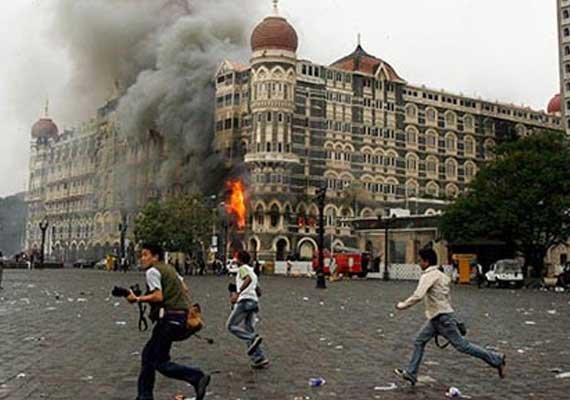United Nations: The “sophisticated” 2008 Mumbai terror attacks highlight that violent extremism can become even more dangerous when “abetted by the capacities of a sovereign State”, Canada has said in a veiled reference to Pakistan where LeT, the perpetrators of the attack, is based. Canada's Deputy Permanent Representative to the UN Ambassador Michael Grant expressed solidarity with India ahead of the sixth anniversary of the November 2008 Mumbai attacks in which as many as 166 people died and more than 300 were injured.
Addressing a high-level debate in the UN Security Council on Wednesday on combating terrorism, Grant emphasised the “waves of violent extremism” that has targetted the world's largest democracy.
“Canada stands in solidarity with India,” he said as he recalled his government's condemnation of the “sophisticated and coordinated attacks that targeted innocent civilians” in Mumbai six years ago.
He said the Mumbai attack is an “example that highlights how violent extremism can become even more dangerous when abetted by the capacities of a sovereign State.”
During the three-day siege, 10 Pakistan-based LeT terrorists attacked multiple locations across Mumbai, including the Oberoi Trident Hotel, the Taj Mahal Hotel, the Leopold Cafe, the Cama and Albless Hospital, the Metro Cinema, the CST Railway Station and the Chabad House. The locations were frequented by foreigners and six Americans had died in the attack.
India's Permanent Representative to the UN Ambassador Asoke Mukerji highlighted before the Council the use of technology and communications by the terrorists in carrying out the Mumbai attacks.
He said sophisticated technology and communications is being increasingly used to commit ever more barbaric acts of terror.
“We fully agree with this observation, based on our own horrendous experience of November 26, 2008 in Mumbai, which was carried out by foreign terrorist fighters in the full glare of the international media,” Mukerji said. He said the Mumbai attacks were the first time that India confronted the use of Voice over Internet Protocol (VoIP) in directing terrorist acts.
“We believe that if we are serious about countering this challenge in an effective manner, we must agree on necessary adjustments to be made in the way the global internet infrastructure is currently managed in order to counter the exploitation of the internet by terrorists,” he added.

